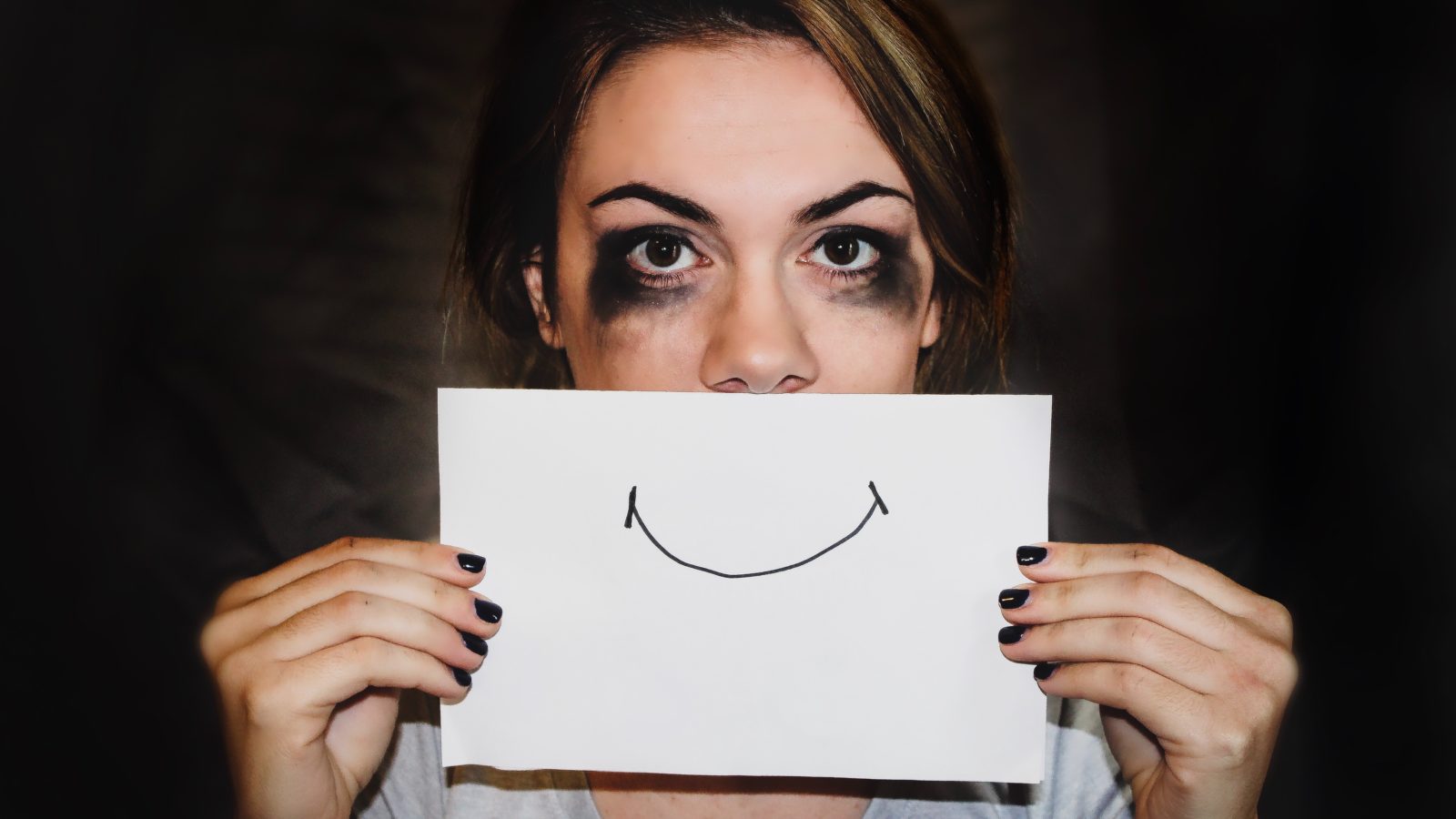* Every three seconds someone attempts suicide in our country.
* Approximately 1.3 lakh Indians take their own lives every year—a shocking 17 per cent of the global total.
* One-third of all female suicides and one-fourth of all male suicides in the world take place in India.
* When it comes to the youth, the statistics are staggering. We have the highest rate of youth suicides in the world. Sadly, 40 pe cent of all suicides reported in India are below the age of 30.
* It is one of the top three causes of deaths in the age group of 15-35.
* Every one hour a student commits suicide in India.
It is sad that people still tend to look at suicide as a form of cowardice or a shameful act. In reality one has to be mentally ill and suffering greatly to even contemplate taking one’s own life. Especially since, the human mind is programmed with an incredibly resilient ‘survival instinct’.
Suicide is rarely an impulsive act. Generally, it is carefully thought of and the result of a snowball effect. The innumerable emotional and psychological challenges that a person faces can lead to a mental disorder. What is alarming is that this often becomes a long-drawn progression, sometimes for months and years on end. The person who is suffering ignores the red flags and so do people close to the person.
In fact, so often people choose to not acknowledge the red flags at all and push them under the carpet instead. Over time, the emotional pain and stress become too much to bear. In the absence of coping mechanisms and treatment, this eventually leads to suicidal thoughts.
Victims see the ‘idea of suicide’ grow from a germ to an overwhelming philosophy that defeats their ingrained survival instinct and promises emancipation from the misery of their lives. Death is a scary prospect for any of us. Keeping that in mind, try imagining how troubled a person’s state of mind would have to be when he or she chooses death over life?
In reality, every suicide attempt is a cry for help in disguise. The person has attempted the unthinkable only because he or she sees no other way out. If we can offer even the smallest ray of hope, the person’s life can change and saved.
This World Suicide Prevention Day, let’s look at suicides from an empathetic and psychological point-of-view.
Any kind of prolonged or chronic stress arising from grief, loss, poor nutrition, domestic violence, sexual or emotional abuse, alcohol or substance abuse, chronic illnesses, hormonal changes can lead to imbalances of several chemicals in the brain which can cause depression, anxiety disorders, childhood trauma to name more diseases. Having a genetic predisposition to a mental health disorder plays a very critical role.
There is something, however, that is incredibly perplexing. Mental health issues arise out of chemical imbalances in the brain. And chemical imbalances are often the result of emotional issues or genetic issues. If any and all of us are vulnerable to emotional issues and chemical imbalances, then why is there stigma around it? Why does society look down upon those who have mental illnesses or suicidal thoughts?
When one considers the ground realities that cause mental illness and subsequently stigma —an appalling picture emerges. According to the World Health Organization, India is facing a serious mental health crisis, with an estimated 5.6 crore people suffering from depression and 3.8 crores, from anxiety disorders.
Thankfully, the Mental Health Act 2017 decriminalised suicide. Still, stigma is often the single largest barrier to seeking help. The ironic thing is that a failed suicidal attempt leads to further stigma for the suicide attempt survivors.
Suicides have a domino effect on the lives of the survivors of suicide loss as well. Studies say that at least six people are deeply affected by a suicide—family members, lovers, friends or anyone else who is closely connected to the victim. It is sad that when a person commits suicide, so often the family is condemned, blamed and stigmatised for it. As it is, the family members are bound to be scarred by the act forever. They’re never going to stop asking: Why?
No wonder, it is said: Suicide never ends the pain, just passes it on to someone else.
This World Suicide Prevention Day, let us all pledge and commit with our hearts, minds and efforts to proactively fight against the insensitive and cruel stigmas attached to mental health. We need to treat people with suicidal ideations with empathy and concern, not subject them to our judgmental contempt. Till we do not eradicate the stigmas, India will continue to live in infamy as one of the suicide capitals of the world.
Want to share how you thrive? Write to us at [email protected]


